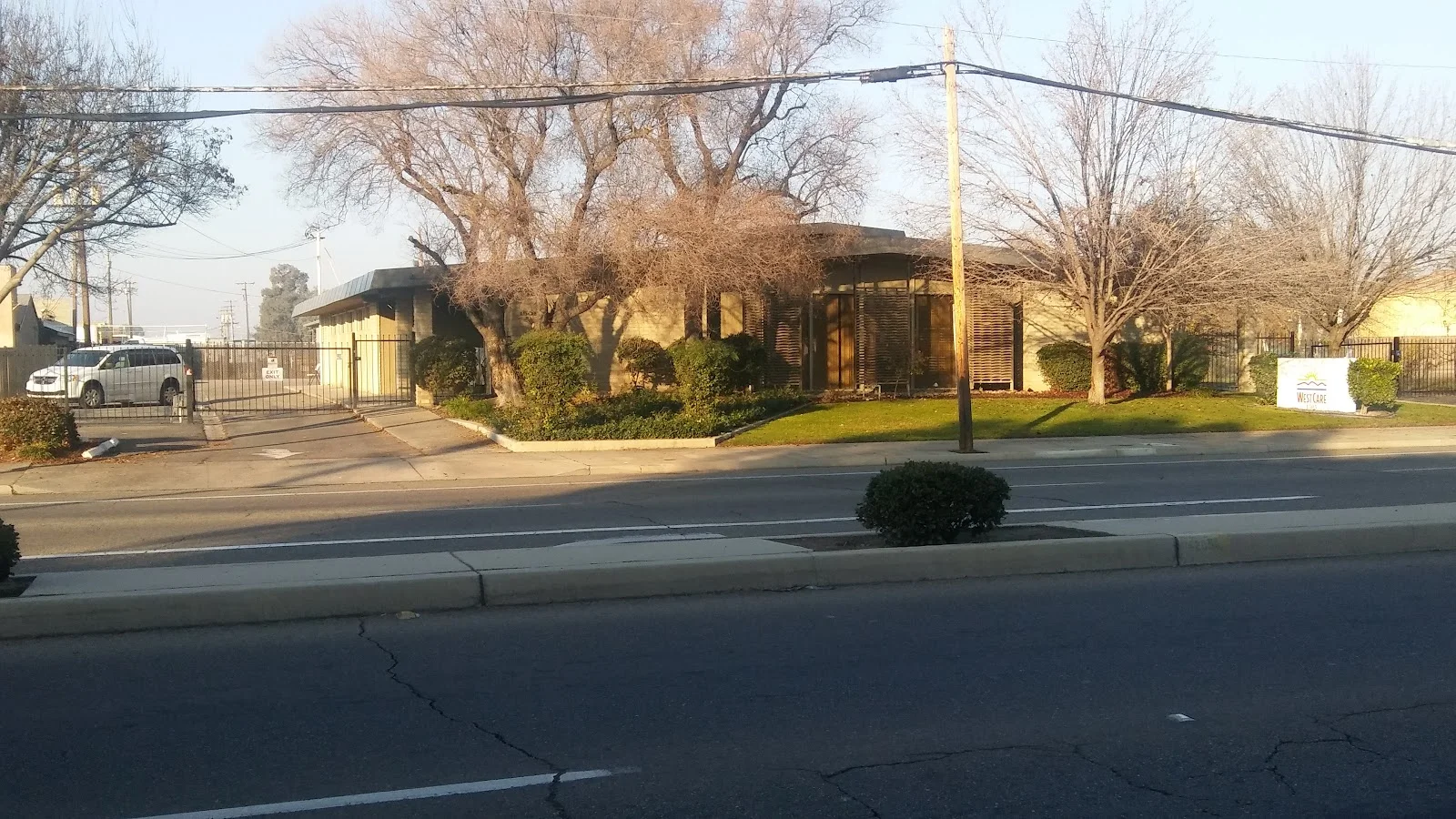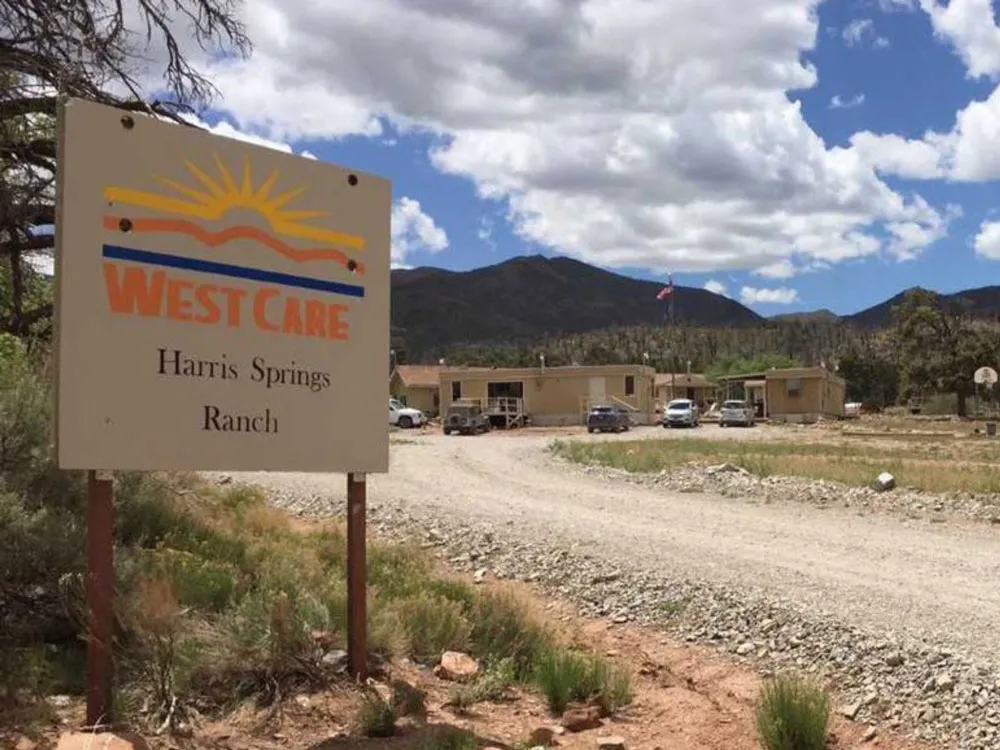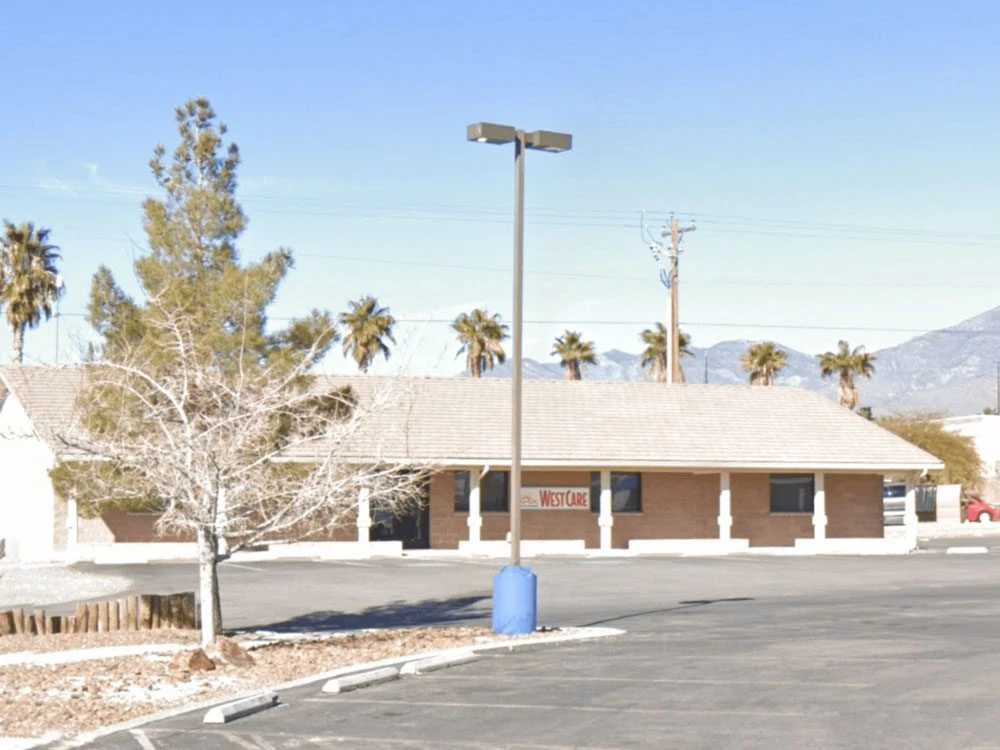WestCare - Community Involvement Center – Tonopah Information
Treatment
Who We Treat
- Male and Female
Treatment Focus
- Co-Occurring Disorders
- Opioids
- Alcohol
Approaches
- Individual Treatment
- Evidence-Based
- 1-on-1 Counseling
- Medication-Assisted Treatment (MAT)
- Online Therapy
- Life Skills Training
- Relapse Prevention Counseling
Conditions We Treat
- Co-Occurring Disorders
Substances We Treat
- Alcohol
- Prescription Drugs
- Heroin
- Opioids
Languages
- English
Aftercare
- Relapse Prevention Planning
- Outpatient Treatment
- Drug Screening
Level of Care
- Outpatient
- Virtual & In-Home Care
- Co-Occurring Mental Health
Experience
Personal Amenities
- Air-Conditioned Rooms
Special Considerations
- Justice Involved
Smoking and Vaping Policy
- Smoking Allowed in Designated Areas
- Vaping Allowed in Designated Areas
Accreditations
-
Commission on Accreditation of Rehabilitation Facilities (CARF)
CARF accreditation is a prestigious recognition for organizations in rehabilitation and human services. It signifies that an organization meets rigorous quality standards and is committed to providing top-notch care. Achieving CARF accreditation involves a thorough evaluation process, including on-site surveys, to ensure excellence in programs and services. This accreditation boosts an organization's credibility, assures clients and funders of quality, and promotes ongoing improvement in the field of rehabilitation and human services.

-
SAMHSA certification for opioid treatment program (OTP)
SAMHSA's Opioid Treatment Programs (OTP) Accreditation is a rigorous recognition process, signaling an OTP's commitment to high-quality care for those with opioid use disorders. It assures patients, families, and the community that the program adheres to evidence-based practices, maintains a safe environment, and employs qualified staff. This accreditation represents a commitment to addressing the opioid epidemic and promoting recovery, symbolizing quality and accountability in opioid addiction treatment.
-
State department of health
Government agencies issue State Licenses, granting rehabilitation organizations permission to operate their businesses lawfully within specific geographic regions. The specific licenses needed for legal operation are typically determined by the type of rehabilitation program offered by the facility and its physical location.

Additional Locations
WestCare - Community Involvement Center – Tonopah Accepts The Following Insurance Plans
Find the best treatment options. Call our free and confidential helpline today!









